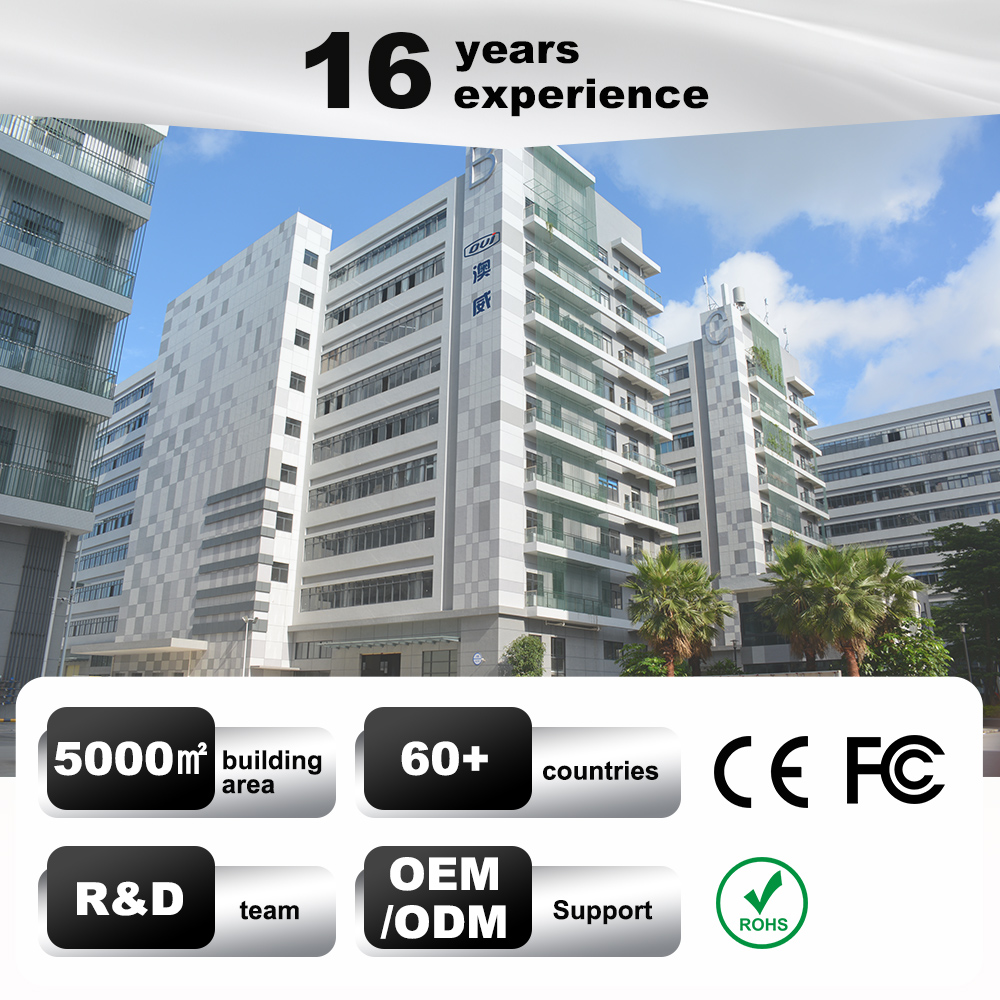
First, let’s clarify: What is a plug-and-play car alarm? A plug-and-play car alarm is a vehicle security system designed with pre-configured connectors that directly interface with a vehicle’s existing ports—most commonly the OBD-II port (onboard diagnostics, standard in all cars since 1996) or factory-specific sockets. Unlike traditional hardwired alarms that require cutting, splicing, or modifying the vehicle’s original wiring harness, plug-and-play systems “plug in” seamlessly, requiring no permanent changes to the car’s electrical infrastructure. This core design principle underpins all its advantages, making it a standout choice for modern vehicle security.
In today’s fast-paced world, vehicle security demands solutions that are both effective and hassle-free. Plug-and-play car alarms have emerged as a game-changer, merging robust protection with user-centric design. For professionals and owners alike, these systems offer distinct advantages that set them apart from traditional alternatives. Here’s a focused look at their key benefits.
1. Effortless Installation
Built on the plug-and-play foundation, these alarms eliminate the complexity of traditional setups. Using standardized ports like the OBD-II interface, they enable a 5–10 minute, tool-free installation—no cutting, splicing, or specialized technical skills required. This not only slashes installation costs by removing the need for professional technicians (saving \(150–\)300 on average) but also minimizes the risk of electrical faults that can damage vehicle systems. Keywords: OBD car alarm setup, quick-fit vehicle security, DIY car alarm installation.
2. Universal Compatibility
The plug-and-play design leverages universal communication protocols (such as CAN bus) to work with 95% of vehicles manufactured after 2000, spanning cars, trucks, SUVs, and even commercial vehicles. These systems auto-detect a vehicle’s make, model, and electrical specs, adjusting their settings for seamless integration. For retailers, this means simplified inventory management (fewer SKUs needed), while users avoid the hassle of checking model-specific compatibility. Keywords: all-car compatible alarm, plug-and-play truck security, universal vehicle alarm.
3. Warranty and Vehicle Safety
A defining trait of plug-and-play alarms is their non-intrusive nature. Since they connect via existing ports without altering factory wiring, they comply with regulations like the Magnuson-Moss Warranty Act, ensuring your vehicle’s manufacturer warranty remains intact. This is especially critical for luxury cars, leased vehicles, or new models, where preserving the original electrical system is key to maintaining resale value. When removed, they leave no traces—no holes, cut wires, or modified components. Keywords: warranty-safe car alarm, non-invasive vehicle security, plug-and-play for luxury cars.
4. Advanced Security Features
Don’t let the simplicity of plug-and-play fool you—these systems deliver multi-layered protection on par with premium hardwired alarms:
· Dual-stage shock sensors (warning chirps for minor impacts, loud sirens for forced entry)
· Proximity detection (alerts to unauthorized loitering near the vehicle)
· Smartphone integration (real-time notifications via app for alarms or tampering)
· Optional engine immobilization (blocks ignition if the alarm is triggered, a feature once limited to high-end systems).
Keywords: smart car alarm app, shock sensor security, plug-and-play immobilizer.
5. Cost-Effective and Scalable
Beyond installation savings, plug-and-play alarms offer long-term cost efficiency. Their modular design allows easy replacement of individual components (e.g., a faulty remote), avoiding the need to replace the entire system. For businesses managing fleets, bulk installations can be handled by in-house staff, reducing overhead and streamlining security across multiple vehicles. Keywords: affordable car alarm, fleet security solution, cost-saving vehicle alarm.
6. Future-Proof Design
The plug-and-play architecture supports firmware updates via smartphone apps or USB, ensuring compatibility with evolving vehicle technology—from electric vehicles (EVs) with advanced battery systems to cars with autonomous features. Unlike traditional hardwired alarms that become obsolete as vehicle tech advances, plug-and-play systems stay relevant for 5–7 years, aligning with typical vehicle ownership cycles. Keywords: future-proof car security, EV-compatible alarm, updatable vehicle alarm.
Conclusion
Plug-and-play car alarms—defined by their easy, non-intrusive connection to existing vehicle ports—revolutionize security by combining simplicity with high performance. They’re easy to install, work across most vehicles, protect warranties, and adapt to new technology—all while saving money. For both professionals and vehicle owners, they’re the smart choice for reliable, hassle-free protection.





